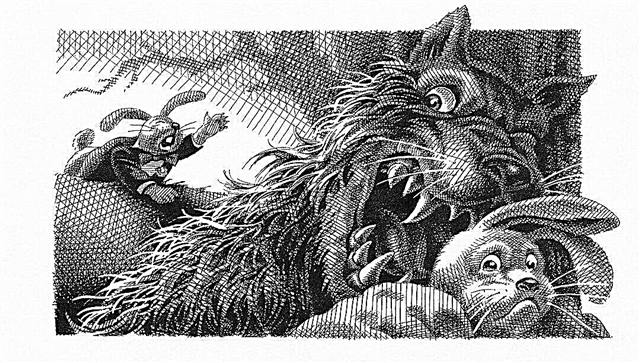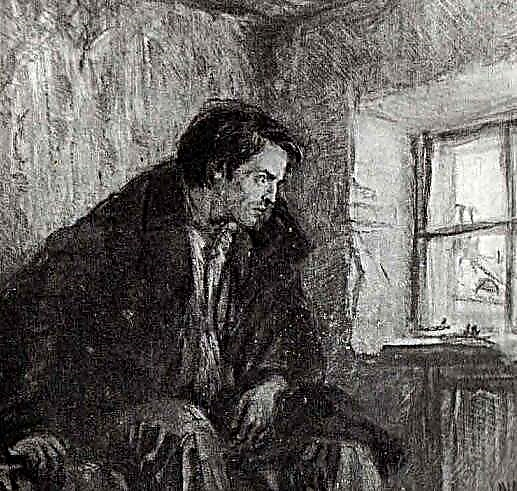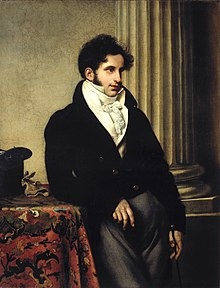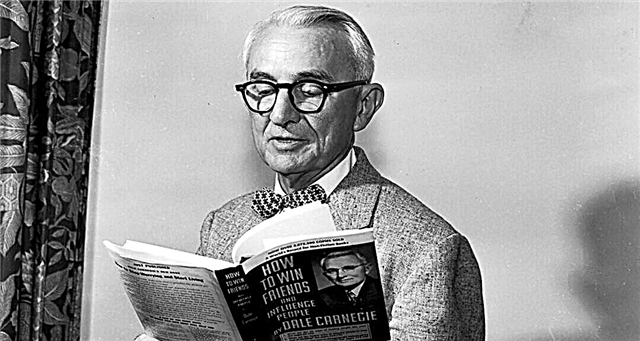Each soldier sees his duty differently. For some, this is an impeccable adherence to the charter, for others it is the protection of the honor and dignity of the sovereign, while others understand that responsibility must be kept, first of all, before their conscience. In the story “The Man on the Clock” N. Leskov shows how thin the line is between debt and violation of the charter, how difficult it is to make a choice when human life is at stake.
History of creation
The first date of publication of the story is April 1887. It was published in the journal Russian Thought under the name Salvation of the Perished, later changed by Leskov to Man on a Clock.
The work is based on real events. Some characters were copied by the author from people living at that historical time: N. I. Miller, N. P. Svinin and S. A. Kokoshkin, during the reign of Emperor Nikolai Pavlovich who were actually in the public service and had a direct relation to those described in the book events.
Genre, direction
“The Man on the Clock” is a story that “exposes” the tragic vicissitudes and injustices of the military environment. The author works in a realistic direction.
He, like a doctor, thoroughly explores the disturbing throwings of the human heart, squeezed by the rigid framework of the harsh laws of the Nikolaev era.
Essence
How difficult and dramatic is the road to gaining earthly destiny. The soldier Postnikov, leaving his post, helps a stranger get out of the wormwood. Is human life really not worth it? Unfortunately, only a few think so. And Lieutenant Colonel Svinin and Chief Police Officer Kokoshkin are doing everything possible so that the sovereign does not know about this misdemeanor of the young soldier, otherwise "everyone’s hats will fly."
As a result, the current situation is reduced to absurdity, while the heroism of Postnikov remains a secret. The sentry is assigned two hundred rods; instead of a medal for salvation, he receives a pound of sugar and a quarter pound of tea.
The main characters and their characteristics
- Postnikov - soldier of the Izmailovsky regiment. Very sensitive, nervous and living by the law of conscience. Executive and smart fighter, guided not only by the charter, but also by heart. Postnikov has a bright soul and an extraordinary sense of gratitude to his neighbor. Even when he was sentenced to two hundred rods, he was immensely happy that he had managed to avoid a military court.
- Captain Nikolai Ivanovich Miller - humanist, reliable officer. He likes to read, spends all his free time reading books. He intercedes for his subordinates, as he feels responsible for them. A soft and compassionate heart beats in his chest, which is the subject of condemnation from higher commanders. Miller is a pedant, he does everything with the utmost accuracy.
- Lt. Col. Svinin - A “serviceman” who believes that it is inappropriate to discuss the motives with which guilty soldiers are guided. As they say, if guilty, then answer in all severity of the law. Trying to soften him - wasting time. He carefully safeguards his reputation and career, "blows dust off her," if only to take an honorable place in the portrait gallery of historical figures of the Russian state. Svinin can not be called soulless, but the severity of his character and love for excessive discipline do not cause sympathy for this character.
- Chief Police Officer Kokoshkin has an amazing tact. It may turn the situation so that not only "the fly will turn into an elephant, but the elephant will turn into a fly." People around him see him as a strict and demanding leader, who, if desired, can be a powerful and zealous defender. Kokoshkin devotes all his time to work, even to the detriment of his own health. He knows a lot, and if an ardent desire for activity awakens in him, then he will certainly achieve his goal.
Topics
- Main theme - love and compassion for one's neighbor. Hearing exhausted screams full of despair, the sentry tries to overpower his frantically beating heart. He understands that he has no right to leave his post. But how terrible it is to hear the groans of the dying and at the same time remain indifferent! The call for help overcomes self-fear. Postnikov rushes to the ice and rescues the drowning man, thereby signing a sentence.
- Through the whole story runs a red thread topic of Russian arbitrariness and lawlessness Nikolaev regime. Fearing for their career, the servants fuss: if only the emperor would not know about their mistakes. Both Svinin and Kokoshkin are ready to bring the matter to the point of absurdity, to contrive, to "get out of the water dry." With this approach, the rank and file are extreme. And here we have to rely on luck: either a person is quietly released, or awarded with two hundred rods, or shot.
- The theme of righteousness sounds throughout the story. The soldier Postnikov does not care that his nobility is somehow noted. The sentry does not pursue fame, unlike an officer in a wheelchair regiment. He invisibly performs the feat of humanity for the sake of goodness and peace of mind.
- The topic of spiritual indifference occupies an important place. The saved one does not care who pulled him out of the wormwood. Perhaps he was in a state of passion and did not remember anyone. Later, this “brother” did not even say a single word of gratitude to his savior. He simply "rolled out" from the Chief Police Officer, immensely pleased that he was released. And for the sake of this subject, the soldiers Postnikov risked his life?
Issue
- Main problem - humanism and duty as components of military service, the conflict of these two principles. Sooner or later, a moral dilemma arises in front of a military man: listen to an inner voice or meekly follow a charter. It is difficult to find an answer to this question, and N. Leskov shows how difficult and dramatic this choice is.
- One more problem - relations of soldiers and officers. Many servicemen consider lower ranks as blind executors of orders. But there are exceptions, like Captain Miller, "sick" with a soul for his subordinates. Such commanders become fair mentors for soldiers. Orders in the army are not discussed, but ordinary personnel need mutual understanding and support from the "senior" comrades.
- The problem of meanness on the way to the goal. What can be done for the sake of medal and public recognition? An officer of a wheelchair is behaving cowardly. He appropriates the feat of the sentry and declares publicly that the salvation of the drowning man is his merit. The chief police officer hides Postnikov’s misconduct, which results in the medal getting a trickster.
- The problem of lies and incomplete truth. Svinin talks with the ruler and is forced to admit that in the story with Postnikov a lot of understatement and deception was allowed.
- The problem of the influence of alcohol on human consciousness. Leskov mentions that the drowning man was “sleepy” and wanted to shorten the path by crossing the ice, however he lost his way and fell into the water. If the mind was clear, not clouded, then the problem would not have arisen.
Meaning
Military service is not an easy task. It is difficult to condemn the commander who punishes the soldier who violated the charter. You should always remember that respect for the individual must lie beyond the scope of the document. Life on earth is impossible without people with a sincere heart, otherwise the world will wallow in lies, hypocrisy, opportunism and self-interest. The main idea of the work is that a person should put formalities above the life and health of other people.
In addition, the main idea of the work is the realization that good must be done in the name of good itself, without waiting for any awards. Reliable and conscientious people do this, ready to help those in need.







 How to solve the five main problems of the team
How to solve the five main problems of the team



